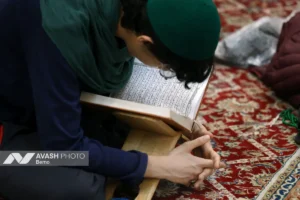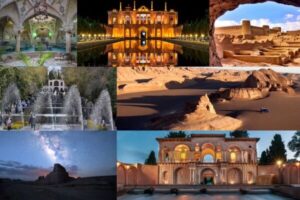Seyed Ahmad Bar-Abadi, Director General of Cultural Heritage, Tourism, and Handicrafts of South Khorasan Province, announced that the Deputy Minister of Cultural Heritage will attend this prestigious cultural event.
Bar-Abadi described the unveiling as a remarkable opportunity to showcase the province’s rich history and potential.
“The carpet is a unique masterpiece dating back over a century. It has been transferred from Tehran’s Golestan Palace to the Akbariyeh Garden Complex in Birjand. The carpet belongs to the Qajar era,” he said.
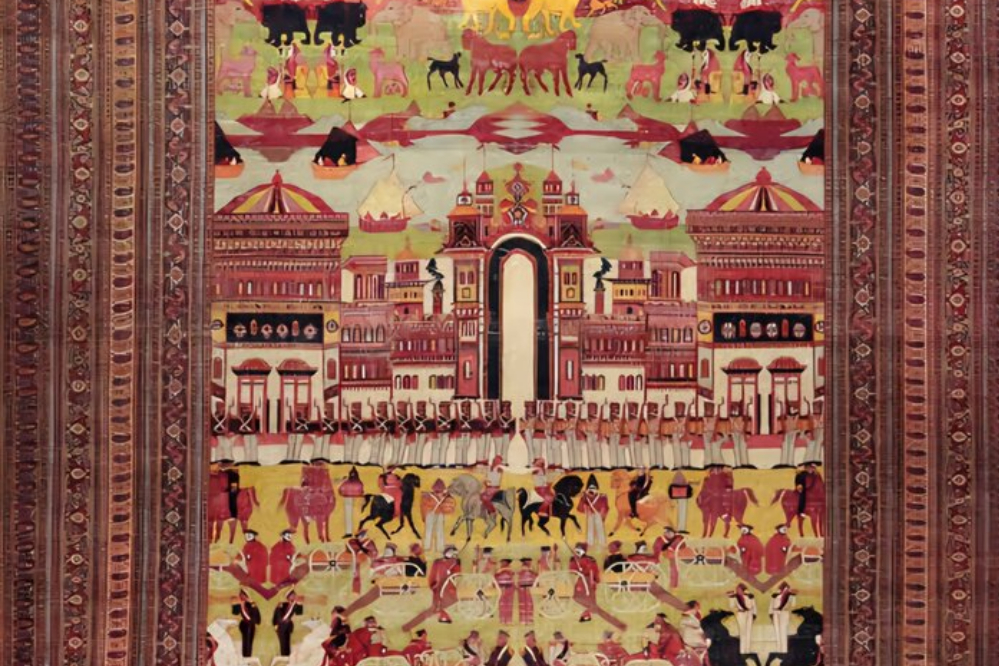
He emphasized that the carpet, crafted by master Iranian weavers, stands as a remarkable symbol of Iran’s history, culture, and artistry.
“At the same time, eight significant relics from the Islamic era will also be displayed at Akbariyeh Garden,” he added.
Akbariyeh Garden
Akbariyeh Mansion and Garden is one of the most renowned historical landmarks in Iran’s South Khorasan Province. The mansion was built at the order of Shokat-ol-Molk by master architect Allahdad Jafari. This two-story building is located at the end of Moalem Street in the village of Akbariyeh.
With the expansion of Birjand, the mansion now lies within the city’s urban area. The garden was inscribed on Iran’s National Heritage List in 1999 and was added to the UNESCO World Heritage List in 2011.
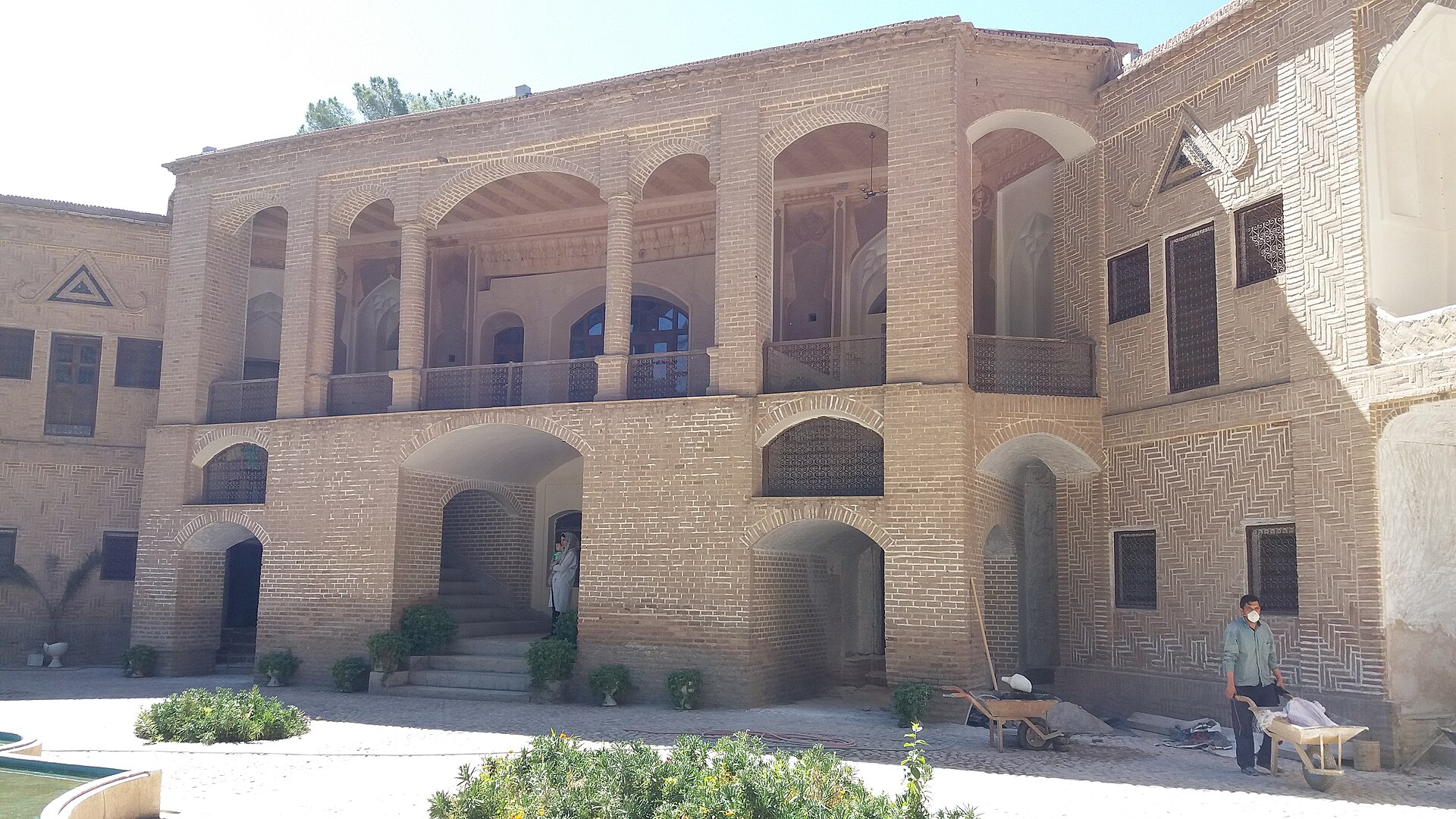
Construction of the Akbariyeh Complex began in the late Zand era and continued until the end of the Qajar dynasty. The complex contains several mansions, the oldest belonging to Heshmat-ol-Molk, father of Shokat-ol-Molk. The garden, covering 45,000 square meters, is set in a mountainous landscape. Shokat-ol-Molk’s mansion served as a residence, reception hall, and administrative center.
The architectural style is Iranian with Russian influences, blending Islamic and modern elements. The mansion features a mirror hall, a kollah-farangi (pavilion) dome, and other distinctive details.
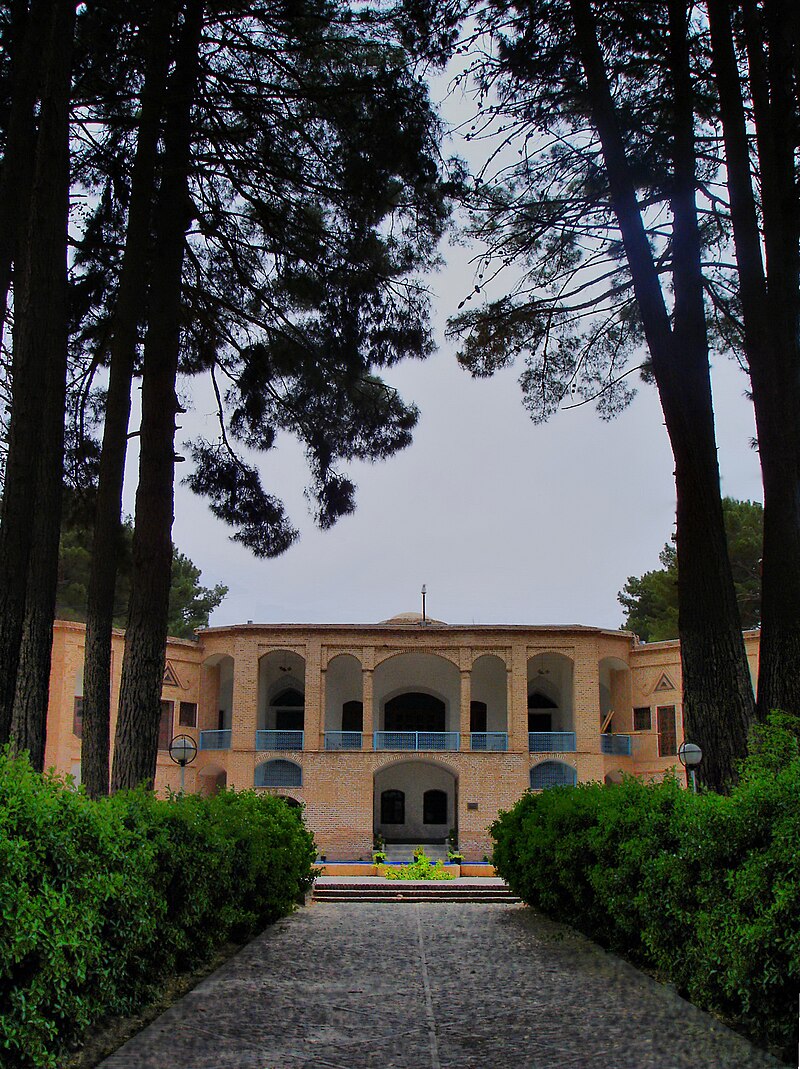
Today, different parts of the garden and mansion serve as a library, restaurant, museum, and teahouse. The complex also houses a natural museum exhibiting rare species of flora and fauna. Visitors to Akbariyeh Garden can explore local traditions, rituals, crafts, and professions that once prevailed in the region.

